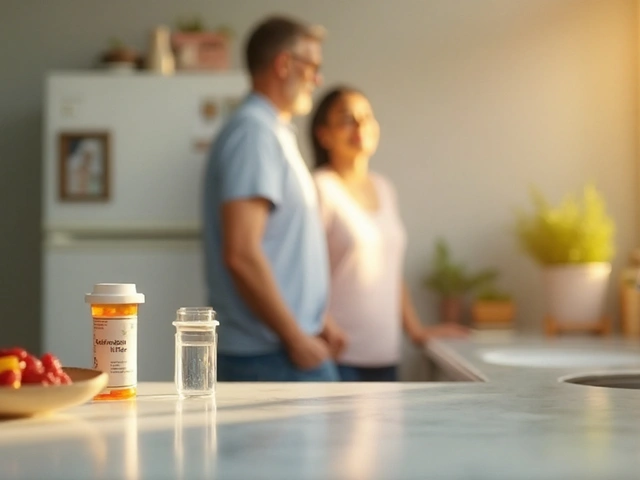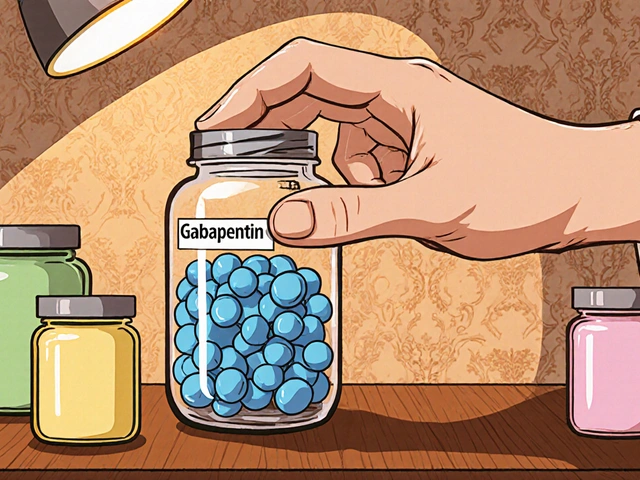Cholesterol control made simple: what actually works
Want to lower your cholesterol without guessing? Start with a few clear actions you can use today. High LDL (the "bad" cholesterol) raises heart risk, but small changes add up fast. Think food swaps, a bit more movement, and smart talks with your doctor.
Quick wins: diet, exercise, and habits
Swap refined carbs and fried foods for whole grains, beans, and veggies. Soluble fiber—oats, psyllium, apples, and beans—helps pull LDL down. Try a bowl of oatmeal or a bean salad a few times a week. Add fatty fish (salmon, mackerel) twice weekly for omega-3 benefits. Replace butter with olive oil and snack on nuts in small portions.
Plant sterols (about 2 grams daily) and extra fiber can cut LDL by a noticeable amount. You can get sterols from fortified spreads or some supplements, but check with your clinician first. Aim for 30 minutes of moderate activity most days—brisk walking, cycling, or active chores. Moving more helps raise HDL (the "good" cholesterol) and improves overall heart health.
Drop tobacco and limit alcohol. Smoking damages your vessels and makes cholesterol effects worse. If you need help quitting or cutting down, ask your doctor—there are effective programs and medicines that work.
Medications, tests, and safety notes
If lifestyle changes aren’t enough or your risk is high, medications can make a big difference. Statins are the most common and lower heart attack risk by cutting LDL. Other options include ezetimibe and PCSK9 inhibitors for people who need more lowering. Your doctor will pick what’s right based on your overall risk and other conditions.
Get your numbers checked regularly. For most healthy adults, a full lipid panel every 4–6 years is a good baseline. If you have diabetes, heart disease, or a family history of early heart attacks, expect more frequent testing and tighter LDL goals—often under 70 mg/dL if you already have heart disease, and under 100 mg/dL for many others.
Watch for drug interactions. Grapefruit and some citrus fruits can raise statin levels and increase side effects—especially with simvastatin and certain other statins. If you take multiple medicines, bring a full list to your appointment so your clinician can spot risky combos.
Want more detail? Read our guide on cholesterol screenings and our article about citrus drug interactions to see how common foods affect meds. Take action today: check your last test, try one dietary swap, and book a short chat with your doctor if you’re worried about your numbers.

Bempedoic Acid vs Atorvastatin: The New Era in Cholesterol Control?
Curious about bempedoic acid and its growing reputation in cholesterol management? This article unpacks how it works, digs into clinical trial results, and compares it head-to-head with atorvastatin. If you're exploring safe and effective options for lowering your cholesterol, you'll find plenty of actionable insight—plus, discover alternatives in therapy that might surprise you.
Read More




